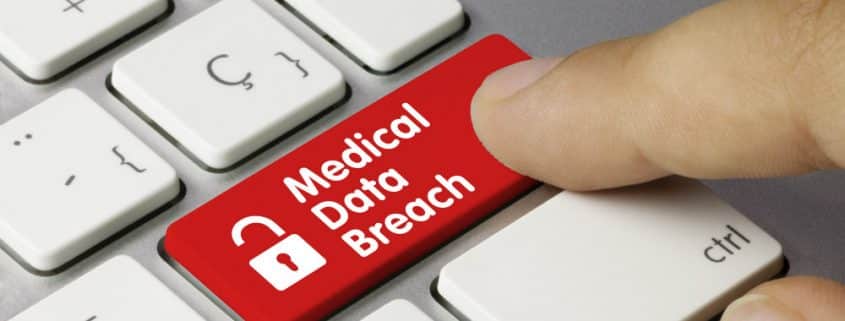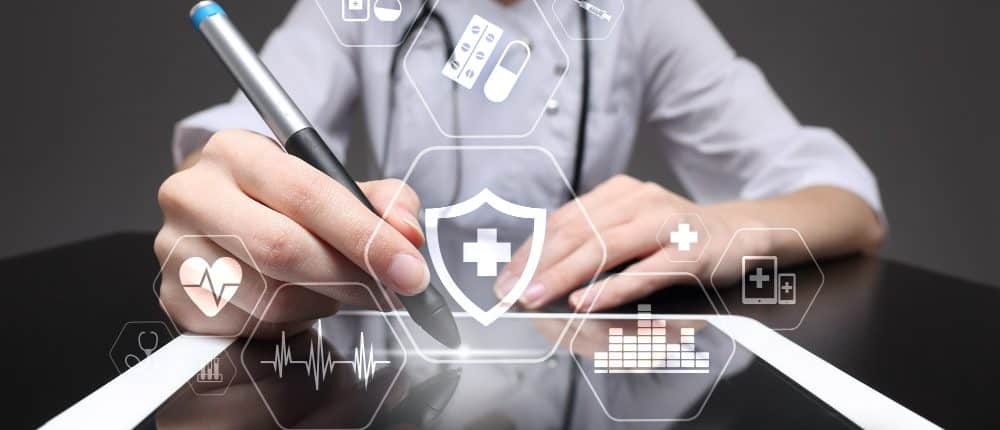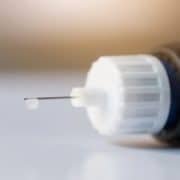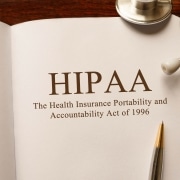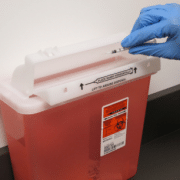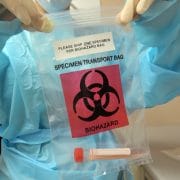Are You Aware of The Hazards of PHI Data Management
How do you deliver the best in healthcare services without up-to-date and accurate patient information? You don’t. You have to have all the relevant and up to date information to identify, diagnose and treat a patient. You have to have it, which means you have to keep and it has to easily accessible, but hopefully only to the right people. Safely storing, accessing and distributing this information is critical. Failure to protect this PHI will inevitably be disastrous and can cause harm to the patients you are trying to help.
Consider the following three areas to help ensure that patient information and other protected data is safeguarded and handled properly:
HIPAA Compliance
It’s all about managing the flow of healthcare information. Electronic data collected in health records and though other information portals must be rigorously safeguarded, but so must the release of information. The distribution of this information is closely regulated by the Health Insurance Portability and Accountability Act of 1996 (HIPAA), which provides specific rules for the safeguarding of medical information.
Most likely everyone reading this is already painfully aware of the consequences of failure to comply with HIPAA rules and regulations. Failure to comply not only puts patient privacy at risk, but it can also carry a hefty price tag in fines for a healthcare organization. In 2017 the Department of Health and Human Services announced that wireless health services provider CardioNet agreed to a $2.5 million settlement regarding potential noncompliance with HIPAA Privacy and Security Rule when an employee’s laptop with PHI of 1,391 individuals was stolen.
Any medical device or object that can contain PHI data should be part of your risk management plan. Even if the patient information is not protected under HIPAA, it can still be sensitive and should be protected for the privacy and security of the patient. The most common and costly fines are caused by a lack of regular Risk Assessments and Risk Management Plans.
Outside Attacks
Like most law breakers, cyber criminals are looking for the easiest route to the biggest score. Unprotected PHI data is a jackpot, and even in this day and age, there remains a great deal of unprotected data. The cost of healthcare related data breaches is over $5.6 billion each year and this number is only likely to increase.
The most common forms of cybersecurity threats in healthcare include the following:
Malware: Malicious software is created and distributed to damage a computer and damage or gather data.
Ransomware: Ransomware also compromises a computer or data, but the only way to regain access is to pay the attacker.
Phishing attacks: Phishing attacks are attempts to gain sensitive information through electronic communication, such as emails, that appear to be credible.
An often overlooked but growing threat to healthcare data is the hijacking of medical devices, such as dialysis machines, CT scanners, infusion pumps and medical ventilators. Essentially, anything electronic and attached to a network is at risk of infiltration.
PHI Data in Medical Waste
Personal Health Information exists on specimen cups, IV bags, pill bottles and other disposable items that can be improperly accessed if not handled and disposed of correctly. To truly protect patient data, healthcare organizations need to have policies in place to ensure that the storage, handling, transport and disposal of medical waste containing PHI is compliant.
Make certain that your organization has a compliance plan in place and that your staff is properly trained to insure compliance when handling, storing or transporting all types of regulated medical waste.
Secure Med can provide safe and secure transport and destruction of regulated medical waste and provide HIPAA and OSHA training for your organization. Get compliant today and avoid the liability of improper PHI management.

